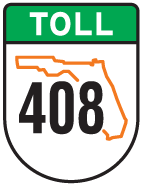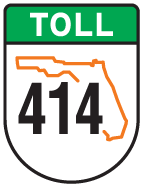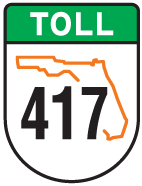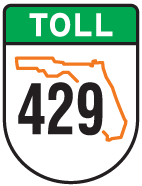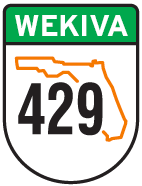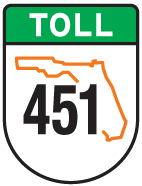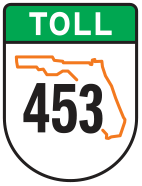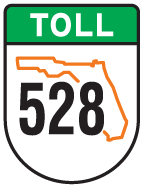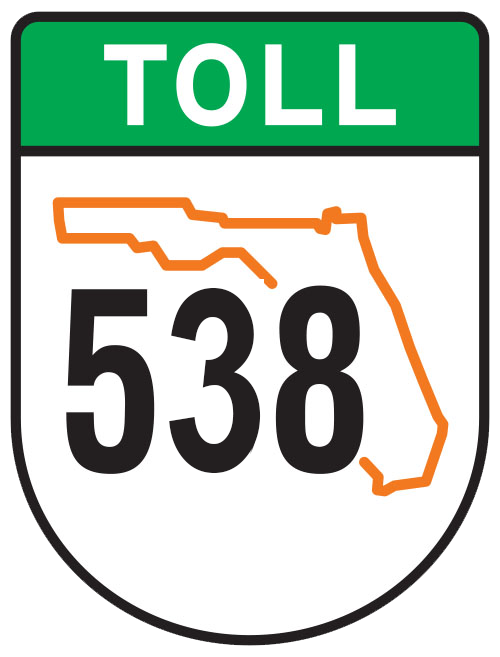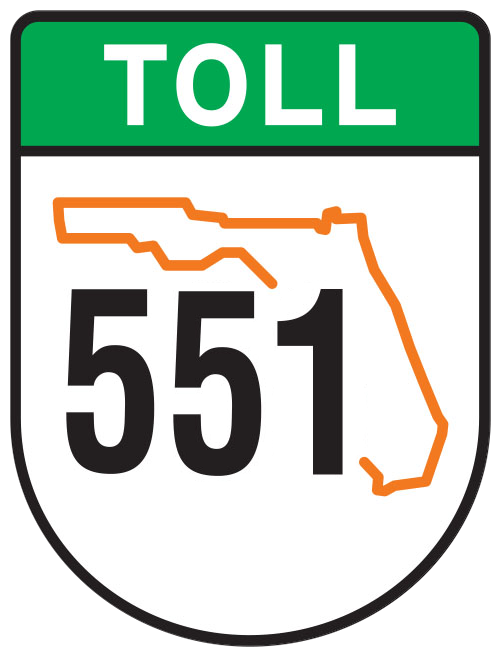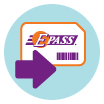Hurricane Safety and Travel Information
CFX closure details due to Hurricane Idalia are as follows:
- E-PASS Customer Service Walk-In Center, located at 525 S. Magnolia Avenue, Orlando, FL will be closed Wednesday, August 30, 2023.
The E-PASS Call Center will remain open. During this time, customers calling may experience longer than normal wait times. As always, CFX encourages all E-PASS customers to manage their account online or download the free E-PASS app.
CFX is actively monitoring the ongoing developments relating to Hurricane Idalia and will update the website, as well as Facebook and Twitter with the latest announcements and closures.
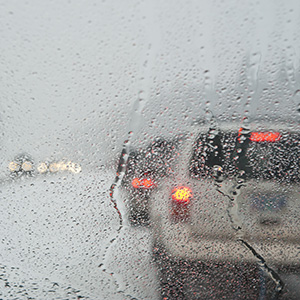
Driving in Severe Weather
The Florida Department of Highway Safety and Motor Vehicles advises against driving during a dangerous storm, but if you’re left with no choice, buckle up and follow these safety tips:
- Be Prepared For Inoperable Traffic Lights. Traffic lights are designed to keep traffic moving and prevent collisions; however, non-working or missing lights can be a source of confusion for drivers. If a law enforcement officer is present, follow their directions. Otherwise, treat the intersection as if it were a four-way stop sign. If traffic lights are flashing red, come to a complete stop and treat the intersection as a four-way stop. If lights are flashing yellow, proceed with caution and be prepared to yield to oncoming traffic. How do you tell the difference? Most signals at an intersection should be working with the traditional red-yellow-green cycle. If they are not, then something is likely wrong.
- Turn Lights And Wipers On, Hazards Off. Florida law requires that if a vehicle’s wipers are in use, headlights must be on. Please refrain from using hazard lights except in the instance of an emergency.
- Slow Down. Keep a safe stopping distance between vehicles and avoid passing and/or changing lanes. Wet pavement can result in skidding and hydroplaning. Be patient and stay alert. Use the right edge of the road or painted road markings as a guide.
- Turn Around; Don’t Drown. Never drive through flooded areas. The area of roadway beneath the water may be washed out or may conceal debris or even power lines.
- Be Cautious Of High Winds. Windy conditions are a driving risk to all vehicles, particularly high-profile vehicles such as buses and trucks. Use extra caution around vehicles carrying cargo. Strong wind can occur anywhere, but it can be more common in wide open spaces, including bridges and highway overpasses. Keep a firm grip on the steering wheel and give large vehicles extra room to maneuver.
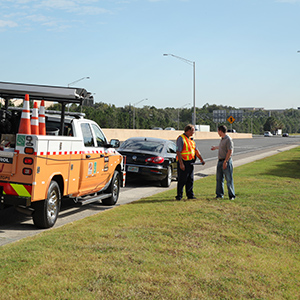
Pull Over in Emergencies
Stopping your vehicle in a travel lane puts you, your passengers and other motorists in great danger. Regardless of the situation – severe weather, medical emergency, vehicle accident, flat tire, engine problem – you should pull onto a shoulder or exit to find help or shelter.
- If you need emergency assistance, call 911 and report your problem and location.
- If you need help with your vehicle, dial *347 (*FHP) and ask for a Road Ranger to be sent to your location.
Should you come upon a stopped emergency vehicle, Florida’s Move Over law requires you to vacate the lane closest to the vehicle as soon as it is safe to do so.

